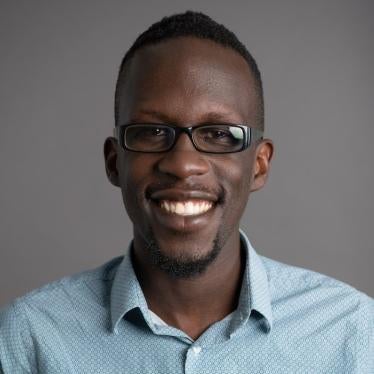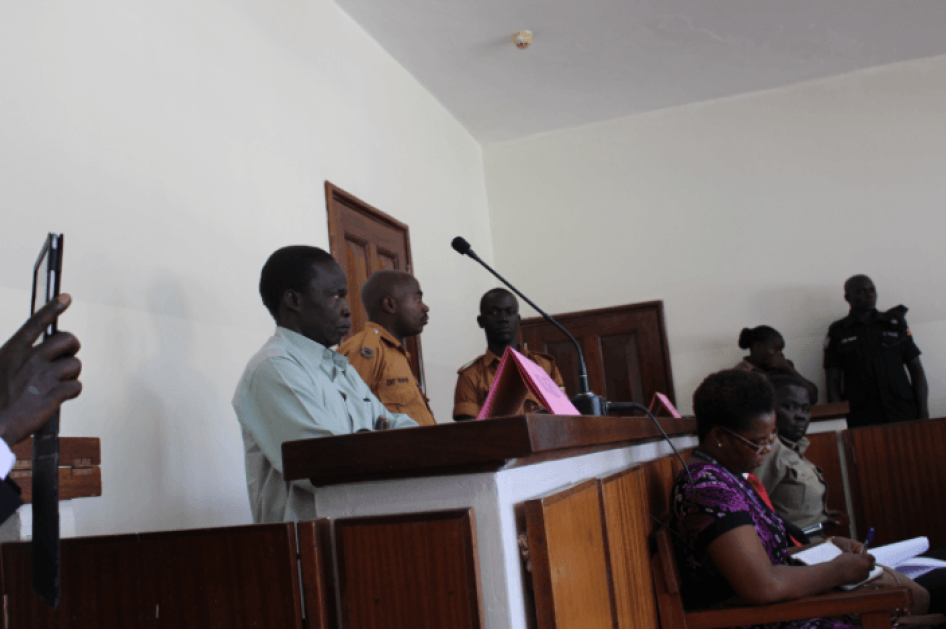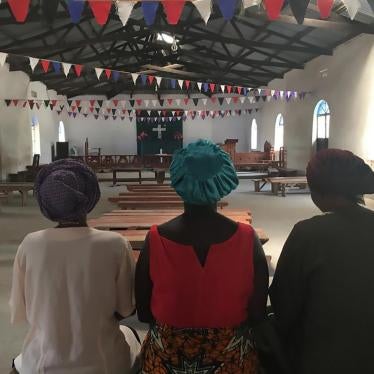An alleged commander in the rebel group Lord’s Resistance Army (LRA), Thomas Kwoyelo, has been in prison since he was captured by Ugandan forces in 2009. He has been awaiting trial at the International Crimes Division (ICD) of Uganda’s High Court, one of Africa’s first specially created chambers designed to try the most serious crimes, like war crimes or crimes against humanity, in the country they were committed. He has been detained for so long that his lawyers are applying to have him released on bail, despite his trial finally beginning a few weeks previously in September. His bail hearing was meant to be before the court today, but has been postponed to January.
Kwoyelo’s trial has been fraught with many such delays and complications. Pretrial proceedings started in 2011, but the High Court ordered Kwoyelo released when his lawyers argued that he qualified for amnesty under a controversial domestic law that arguably helped end the war between Uganda’s military and the LRA, but at the time also allowed people responsible for serious crimes to avoid prosecution. The Supreme Court overturned the decision in 2015 and although the case resumed in 2016, objections raised by Kwoyelo’s lawyers, lack of funds to conduct the hearings, and late filings by the lawyers, among other things, delayed the case.
This year, the African Commission on Human and Peoples’ Rights issued a communication ordering the Ugandan government to compensate Kwoyelo for failing to hold his trial within a reasonable time.
The court is also struggling when it comes to victim participation in Kwoyelo’s case. In the ICD, victims’ lawyers present their views and concerns to the court, and should suspects be convicted, there may also be an opportunity for reparations. Government officials, however, say resources to allow victims to participate fully in the proceedings are insufficient. Lawyers who would represent over 90 people who have applied to participate as victims in Kwoyelo’s case have had to rely in part on the support of nongovernmental organizations to conduct outreach about victim participation and to consult their clients.
The ICD could be a model for other countries to adopt. But there are clearly lessons to be learned from these halting starts if it is going to be capable of delivering justice for international crimes, including through fair trials.









